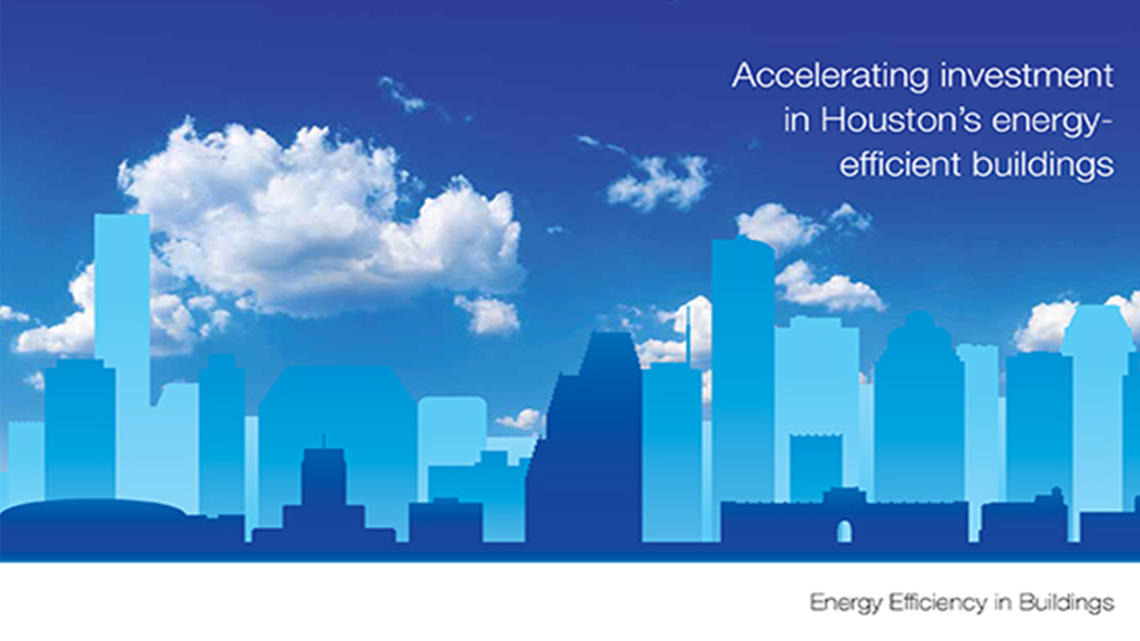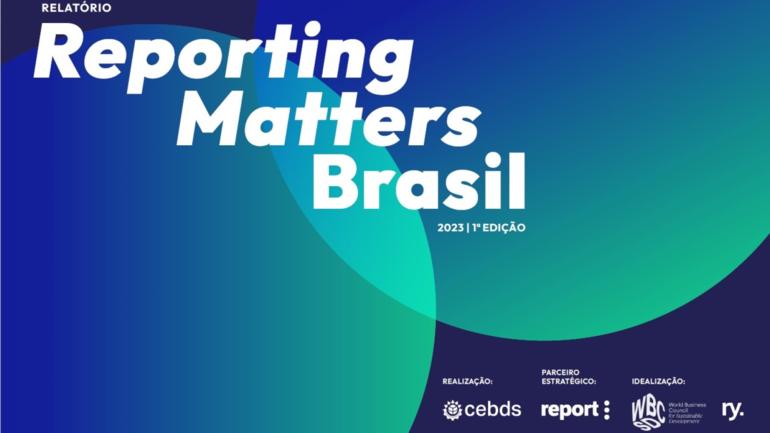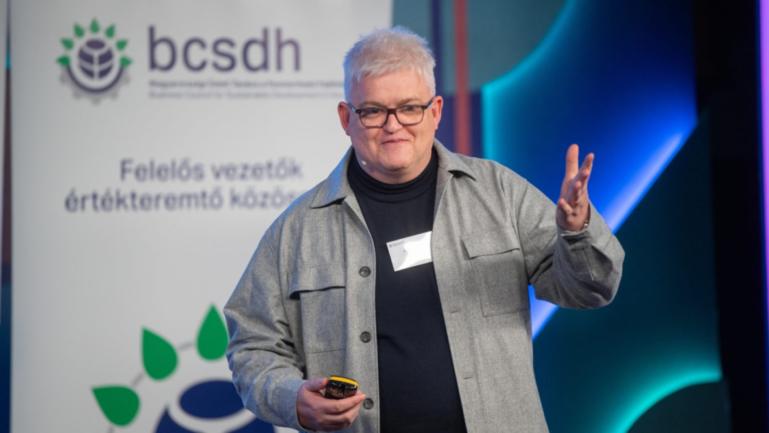Houston, Texas, 4 March 2015 – was released today by the World Business Council for Sustainable Development (WBCSD) and the United States Business Council for Sustainable Development (US BCSD) at a ceremony at Rice University.
The action plan is based on the recommendations of the Houston Energy Efficiency in Buildings Laboratory (EEB Lab) held jointly by the WBCSD and the US BCSD in October 2014.
Research shows that energy savings of 30% from Houston’s commercial sector alone would contribute over half a billion dollars to the Houston economy. This is equivalent to the investment required to build 10 new mid-size power plants. Savings of this magnitude would add to the employment created by the increased activity in energy efficiency retrofits and other energy services, and could translate into nearly 20,000 new jobs over a five-year period.
The action plan is grouped into four themes and actions are targeted primarily at Class B and C building owners, who have less history of making EEB investments. All EEB Lab participants agreed that this market is a priority action area. Implementation will be driven by a team of local public and private sector leaders across the following areas:
-
Raising awareness of the multiple benefits of Energy Efficiency in Buildings (EEB) – Targeted communications to emphasize the benefits of EEB, with the aim of motivating regional real estate professionals to take action on energy efficiency.
-
Financing EEB Solutions– The coordination, promotion and development of energy efficiency financing options and tools, in tandem with improving access to these solutions. All financial tools, such as utility on-bill financing, energy service agreements, and Keeping PACE in Texas, will be presented under an energy efficiency financing umbrella.
-
Building Capacity to deliver EEB Solutions – Identification of industry best practice and allocation of EEB training resources to scale up energy efficiency projects in Houston. Training will address the nature of energy efficiency investments, achieving maximum value and realizing energy savings that can be sustained.
- Increasing Houston’s real estate market competitiveness with EEB Solutions- Public policy development to improve the long-term competitiveness of Houston’s buildings. The implementation team will serve as a sounding board for proposed policy and regulatory action.
While much remains to be done, proactive leadership from the City of Houston has helped to significantly improve the energy efficiency of its buildings. Overall, Houston is now ranked fifth in the US for the number of LEED certified projects within the city, and has a total of 369 LEED certified projects. Additionally, Houston mayor Annise Parker made a public commitment at the UN Summit on Climate Change on 23 September 2014, that Houston would cut CO2 emissions by 80% from 2005 levels by 2050.
To oversee the implementation process of the action plan, a new platform entitled Energy Efficiency in Buildings – Houston, has been established.Led by the WBCSD and the US BCSD,and managed locally by the Houston Advanced Research Center (HARC), a coalition of public and private sector volunteers will build and sustain the momentum. Key leaders from the Gulf Coast Green Building Council, the City Energy Project and Keeping Pace in Texas will convene and coordinate actions between stakeholder groups while providing governance to ensure effective implementation.
The platform will enable members to complement each other’s activities and exchange experiences; collaborate with the public sector on the development of a long-term energy-efficient buildings strategy; and engage in policy consultation through the channels offered by the partner organizations.
Building sector stakeholders are encouraged to study the report and join the platform to coordinate actions towards market transformation.
WBCSD member companies Schneider Electric and United Technologies (co-project leaders), AGC, Lafarge and Siemens have supported the Houston Lab and will help drive implementation.
Roland Hunziker, Director Sustainable Buildings at WBCSD, says “EEB Laboratories foster a shared understanding of the specific barriers a building market is facing. Most importantly, they allow the creation of partnerships that are necessary to drive action to overcome these market barriers.”
More information can be found on the WBCSD and USBCSD websites.








